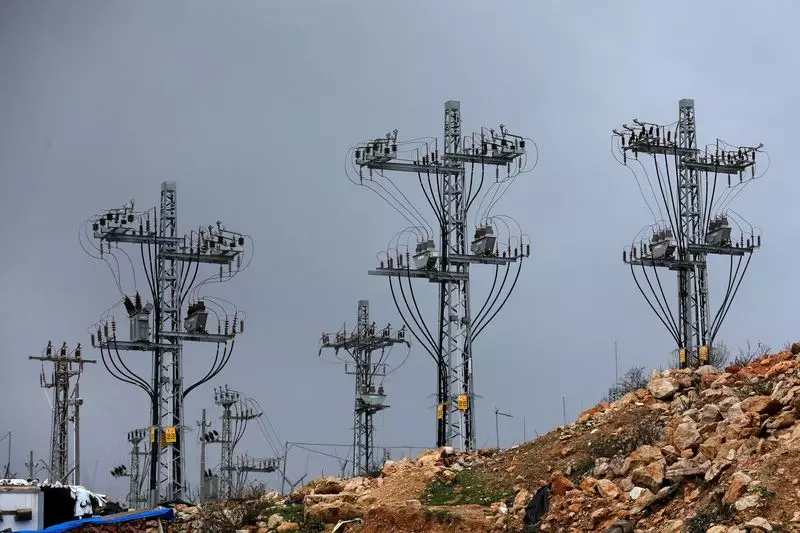The delicate financial relationship between Israel and the Palestinian Authority (PA) has come under increased scrutiny following the military escalations in Gaza that began in October 2023. This article aims to explore Israel’s intentions regarding the tax revenues it collects on behalf of the PA, which are planned to be allocated towards settling the PA’s substantial debt to the Israel Electric Company (IEC). With current events shaping the landscape, understanding this financial dynamic provides insights into the broader geopolitical context and implications for the people involved.
Israel’s role as a tax collector for the PA, which lacks the full sovereignty to collect its own taxes, has traditionally functioned under a mutual agreement to enhance economic stability in the region. The arrangement, however, is thoroughly complicated by ongoing conflict. As Finance Minister Bezalel Smotrich announced the decision to reroute approximately 2 billion shekels from tax collections to settle the IEC debt, questions about the ethical implications of such actions arise.
Smotrich’s rationale for withholding funds earmarked for the PA points to a policy shift driven by security concerns following an attack attributed to Hamas. By using tax revenues for debt repayment, Israel not only impacts the PA’s financial stability but also indirectly influences the lives of Palestinian civilians dependent on that funding for administrative and public services. This cyclical tension raises critical ethical discussions regarding the accountability of financial decisions amidst conflict.
The financial strain on the PA is not a new phenomenon but has intensified as Israel retains significant amounts of revenue – over 3.6 billion shekels as of 2024. The decision to freeze funds directly affects public sector workers in Gaza, hindering their salary payments and escalating the existing financial crisis. The PA, already grappling with reduced income and escalating debts, confronts the dual challenge of operational viability and public dissatisfaction among its citizens.
Furthermore, the PA’s responsibility to its workforce, alongside its commitments to pay “martyr payments” to families affected by conflict, adds layers of complexity to an already strained budget. Smotrich’s decision to deduct amounts equivalent to those martyr payments complicates the PA’s fiscal capabilities and underscores how financial strategies interrelate with political realities.
International Relations and Financial Dependencies
The intervention from Norwegian authorities can be viewed as a lifeline for the Palestinian Finance Ministry amidst the unforeseen financial blockade. The proposed release of around 767 million shekels to facilitate electrical payments hints at international support that attempts to stabilize the PA’s functionality. However, while such gestures illustrate a commitment among international stakeholders to maintain humanitarian assistance, their efficacy may be limited by Israel’s broader geopolitical strategy.
The implications of Norway’s decisions highlight an escalating tension between international humanitarian perspectives and Israeli state security policies. Institutional discussions surrounding the PA’s funding can significantly affect international relations, as countries consider how their support aligns with the political realities in the region. The PA’s financial state is precarious at best, and a long-term dependency on external funding may be both an advantage and a hindrance for its political sovereignty.
The financial engagements between Israel and the Palestinian Authority underscore the intersection between economic policies and the geopolitical landscape of the region. Israel’s decision to divert tax revenues signifies a shift influenced by security protocols but holds significant consequences for Palestinian society and the PA’s governance capability. As the situation unfolds, the need for dialogue, equitable economic practices, and support for humanitarian assistance remains critical to fostering both economic stability and peace. Examining these financial maneuvers provides clarity into an intricate web of policy decisions that extend far beyond mere monetary figures, revealing deeper issues of power, control, and the quest for stability in a tumultuous region.

